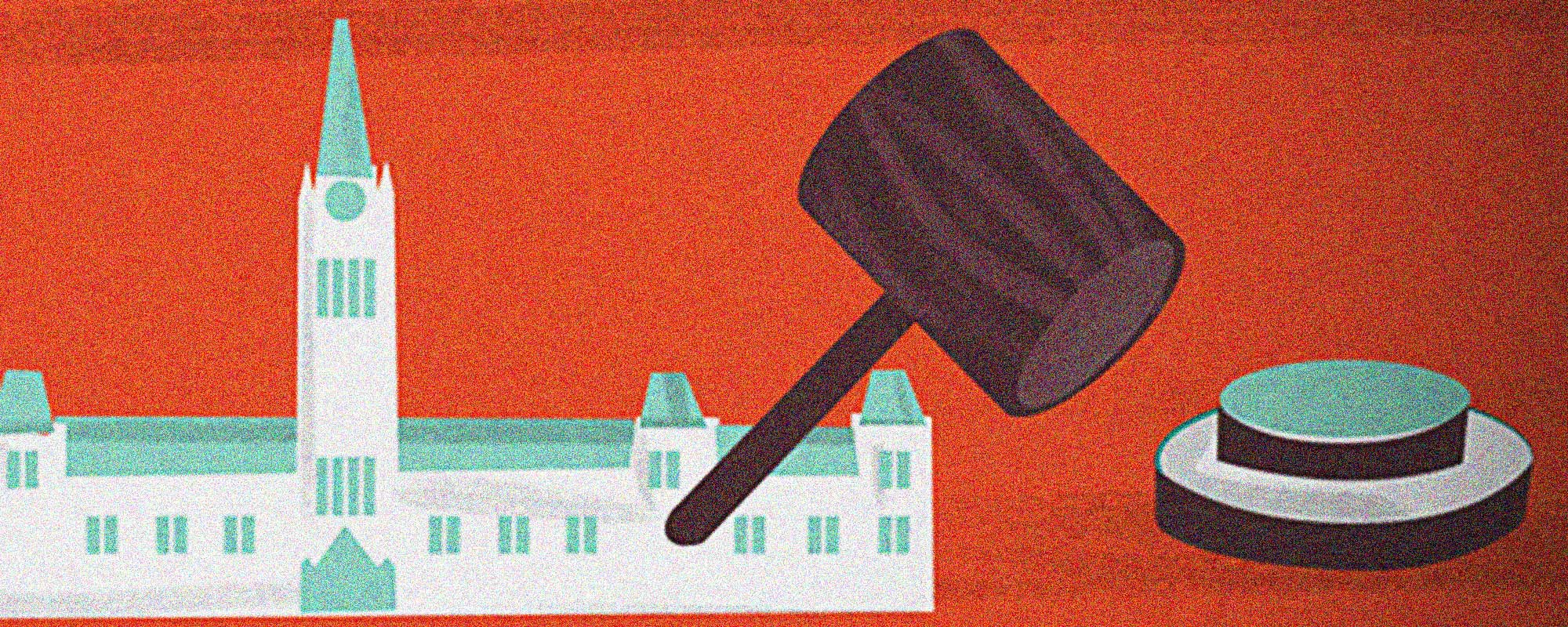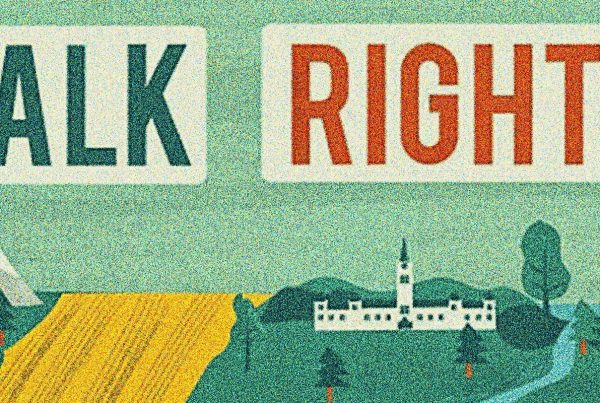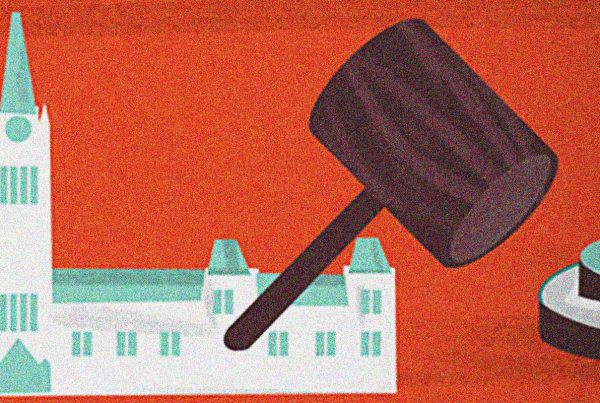Because the Learn section of TalkRights features content produced by CCLA volunteers and interviews with experts in their own words, opinions expressed here do not necessarily represent the CCLA’s own policies or positions. For official publications, key reports, position papers, legal documentation, and up-to-date news about the CCLA’s work check out the In Focus section of our website.
Much has changed since the Supreme Court’s 2015 ruling in Carter v Canada. In this ruling, the court decided that the prohibition on physician assisted dying was unconstitutional and that assisted dying was a right to adults suffering from “grievous and irremediable” medical illnesses.[1] In response, parliament drafted and ratified Bill C-14, Medical Assistance in Dying. Since the bill was implemented in December 2015, over 2,150 people have undertaken a medically assisted death.[2] While the ground-breaking law significantly changed Canada’s end of life treatment, it is not without its controversies. Bill C-14’s vague terms may prevent doctors from granting patients eligibility for fear of criminal charges. In addition, advanced requests for assisted dying are barred by this new law, meaning that those with Alzheimer’s disease or dementia may be disqualified from receiving assisted death.
Eligibility
Those seeking assisted dying must meet all the following criteria specified in the Criminal Code:
- Must be 18 years of age or older
- Must be mentally competent and be able to make informed health care decisions independently at the time of the request
- Must have a grievous and irremediable medical condition, meaning one must:
- Have a serious disease, illness or disability
- Be in an advanced state of decline that cannot be reversed
- Experience physical or mental suffering as a result of the medical condition that cannot be acceptably relieved
- Be at a point where natural death is reasonably foreseeable, though the condition does not need to be terminal or fatal.
- Must give informed consent to receive assisted dying
- Two physicians or nurse practitioners must provide written opinions independently confirming that an individual is eligible for assisted dying
- The assisted dying request must be voluntary and not the result of outside pressure or influence [3]
How is assisted dying implemented:
Once an individual has been deemed eligible, there are two types of medical assisted death. A physician or nurse practitioner may either directly administer a substance which causes death, or they may provide or prescribe a drug that a person may take themselves to bring about their own death.[4]
Reasonably foreseeable natural death:
Bill C-14 requirement that the individual’s natural death must be “reasonably foreseeable.” This vague term has caused some contention. Parliament assures that the medical condition need not be terminal or fatal and that the term “reasonably foreseeable” takes into account all medical circumstances and does not require a prognosis of how long one has left to live.[5] Nevertheless, the term is vague and provides some difficultly for doctors and nurse practitioners evaluating an individual’s eligibility for assisted dying.
The case of A.B. v. Canada provides an apt example of how the vague phase of “reasonably foreseeable” natural death can cause complications for those seeking assisted dying. AB was an 80-year-old cancer patient who suffered from uninterrupted and excruciating pain. Two physicians agreed that she met the criteria for assisted dying, thus making her eligible. Another physician, however, did not agree that AB’s death was “reasonably foreseeable.” Though AB technically qualified for assisted dying, no physician or nurse practitioner would assist AB in her death as they did not want to be liable for a criminal charge.[6]
The Ontario Superior Court ruled that though AB was eligible for assisted dying, it is not the court’s role to make decisions for medical practitioners who are exclusively responsible for deciding whether the eligibility for assisted dying is met in each case. They also ruled that it was not the court’s place to decide who is liable for criminal charges, a duty that lies in the prerogative of the Crown.[7] The Court found that the term “natural death” need not be connected to a particular terminal disease or condition and is instead connected to all of a particular person’s medical circumstances.[8]
No physicians or medical practitioners have yet been criminally charged for administering assisted dying since Bill C-14’s ratification. Yet, the vagueness of the term “reasonably foreseeable” in Bill C-14 may prevent medical practitioners from assisting patients in death because they fear criminal repercussions.
Mental Illness and advanced requests:
Bill C-14 requires that those seeking assisted dying provide informed consent and be mentally competent the time of their request. Because of this requirement, the bill prohibits advanced requests for assisted dying and patients with mental illness such as dementia and Alzheimer’s disease may be ineligible to receive the service. An individual’s eligibility would depend on the severity of their mental illness and if they are of sound mind at the time of the request. Questions have been raised by public interest groups concerning the constitutionality of this provision as it may “unfairly discriminate against entire groups of desperately ill Canadians on the basis of their diagnoses.”[9] Yet, this constitutional challenge has not yet been tested in court.
In Canada, there are about 564,000 people living with dementia, and 25,000 new cases are diagnosed each year.[10] Clinical depression is a common symptom of patients suffering from dementia and Alzheimer’s disease, affecting 30 to 50 per cent of those with Alzheimer’s.[11] If Canada were to implement measures allowing advanced requests for assisted dying to accommodate those suffering from dementia and Alzheimer’s, it would not be the first nation to do so; Belgium the Netherlands and Luxemburg allow advanced choice in assisted dying.[12]
In December 2016, parliament announced that the federally-funded, independent Council for Canadian Academies is reviewing Bill C-14’s issues of advanced requests, requests where mental illness is the sole condition, and requests by mature minors. The reports will not issue recommendations but will provide factual information, to be discussed in parliament.
More Information:
Department of Justice: Questions and Answers on Bill C-14
College Of Physicians and Surgeons of Ontario: Policy Statement
[1] Carter v. Canada (Attorney General), 2015 SCC 5, para 70.
[2] Health Canada, 2nd Interim Report on Medical Assistance in Dying in Canada (Ottawa:2017).
[3] Criminal Code, RSC 2016, c C-27 s 241.2.
[4] Ibid, s 241.1.
[5] Ibid, s 241.2(2)(d).
[6] A.B. v Canada (Attorney General), 2016 ONSC 3759.
[7] Ibid, para 66-68.
[8]Ibid, para 81.
[9] Dying with Dignity Canada, “Dying With Dignity Canada disappointed with Ottawa’s approach to studying the future of Canada’s assisted dying law”, online: <http://www.dyingwithdignity.ca/assisted_dying_independent_studies>.
[10] Alzheimer’s Society Canada, “Dementia numbers in Canada”, online: <http://alzheimer.ca/en/Home/About-dementia/What-is-dementia/Dementia-numbers>.
[11] J. Diehl-Schmid, R. Jox, S. Gauthier, et al.,“ Suicide and assisted dying in dementia: what we know and what we need to know. A narrative literature review” (2017) 29:8 International Psychogeriatrics 1247 at 1250.
[12] Ibid.
About the Canadian Civil Liberties Association
The CCLA is an independent, non-profit organization with supporters from across the country. Founded in 1964, the CCLA is a national human rights organization committed to defending the rights, dignity, safety, and freedoms of all people in Canada.
For the Media
For further comments, please contact us at media@ccla.org.




